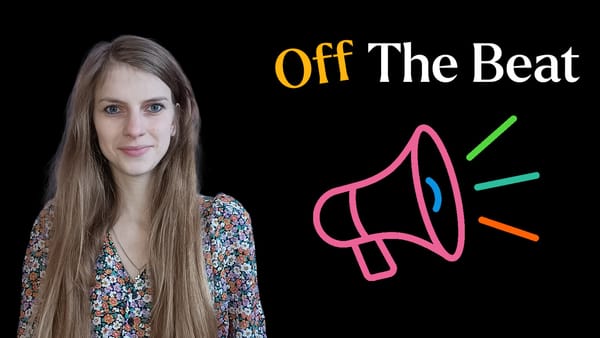Black Friday spending reached new heights this year, breaking records globally, as consumers spent $10.8 billion online in the US and $74.4 billion worldwide, according to Adobe and Salesforce.
Discounts were once again the cornerstone of the weekend’s success. Adobe reported that toys saw markdowns of 27.8%, electronics 27.4%, and TVs 24.2%. These categories, traditionally popular for early holiday gifting, performed very well. Mobile shopping also played a significant role, accounting for 55% of all online purchases in the U.S., with mobile sales rising 12.1% year-on-year to $5.9 billion.
Interestingly, the appetite for deals was largely fueled by AI-powered search engines, with 20% of U.S. shoppers using them to find deals and recommendations, based on an Adobe survey of 5,000 consumers.
Chatbot-driven traffic to retail sites increased by 1,800% compared to 2023. This is not too surprising considering data shows that ads perform exceedingly well in large language models (LLMs). Last year, while still in its infancy, Bing’s Co-pilot was boasting higher click-through rates than traditional search.
Over the past 12 months, deals, ads, and recommendations have only become more common in AI search engines. We still don’t quite know how it works. For example, when Vouchercodes.co.uk was very clearly Google Gemini’s favourite coupon site earlier this year, the VoucherCodes team had no inkling why that might be – other than trust in their value.
Some commentators are sceptical about the authenticity of these results, questioning Adobe’s agenda in publishing such numbers. However, in my personal experience, I know many people who used these AI platforms to locate deals this Black Friday, and it appears to be a growing trend.
Now, we just need to figure out how SEO works on them.










